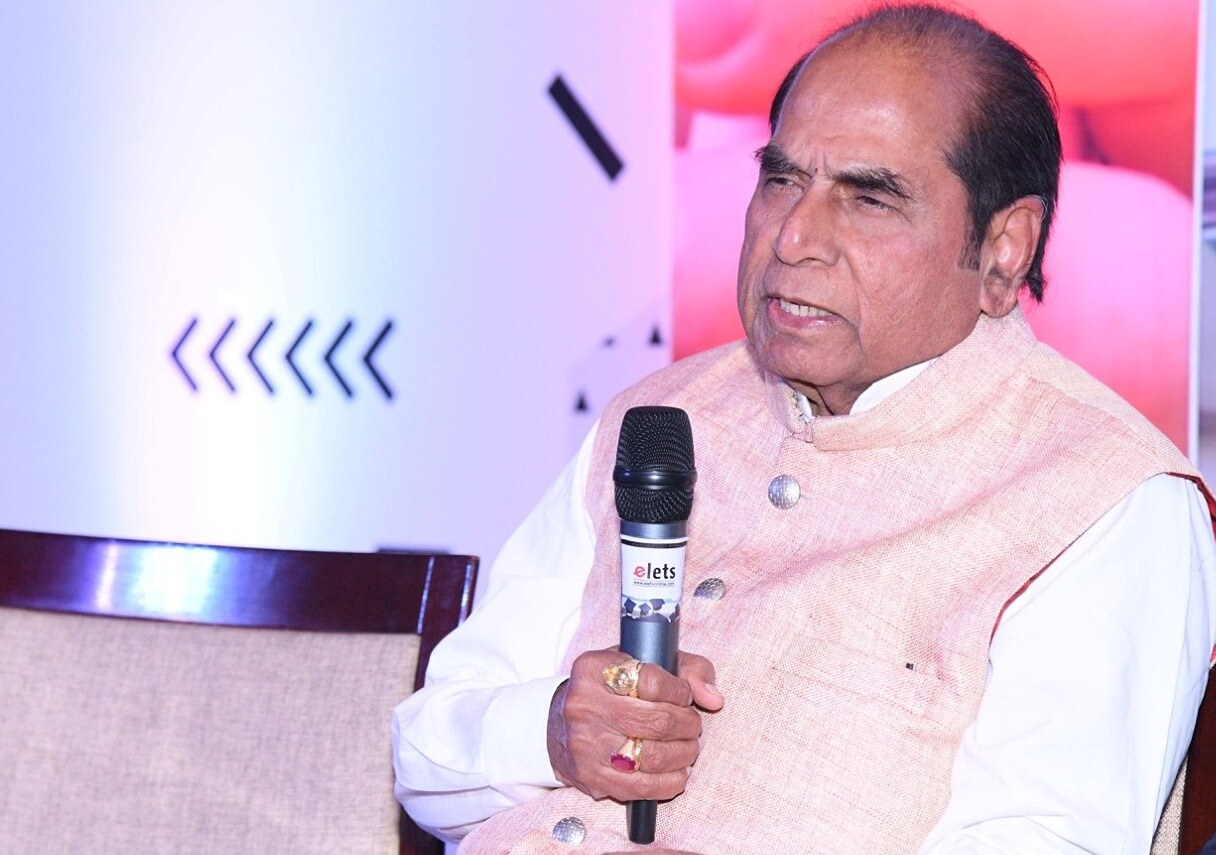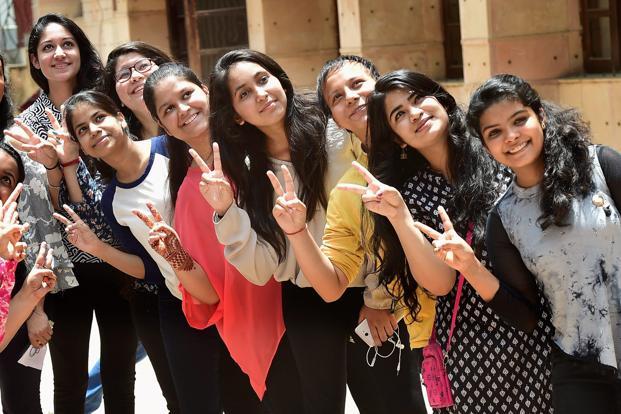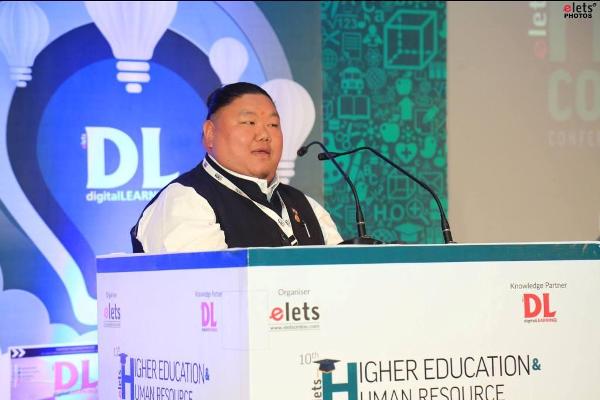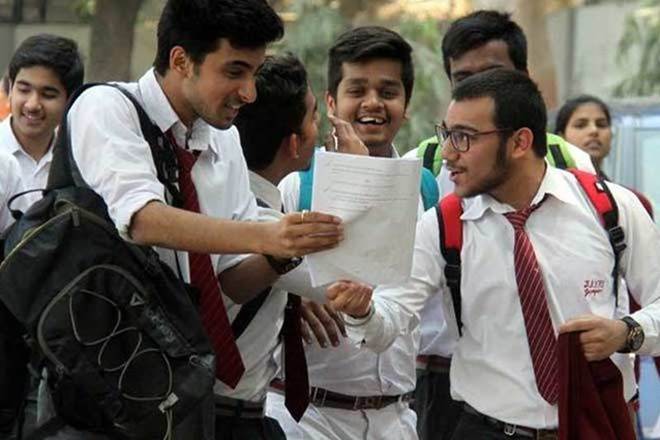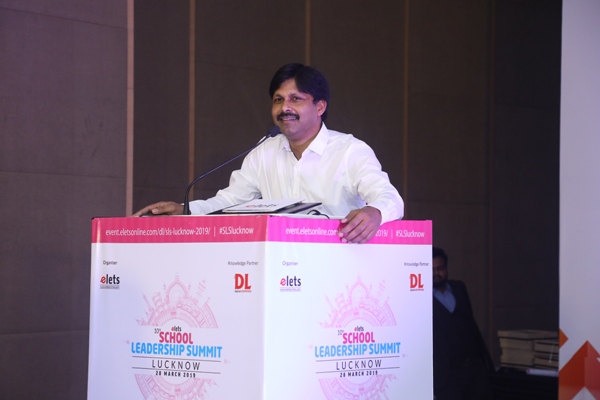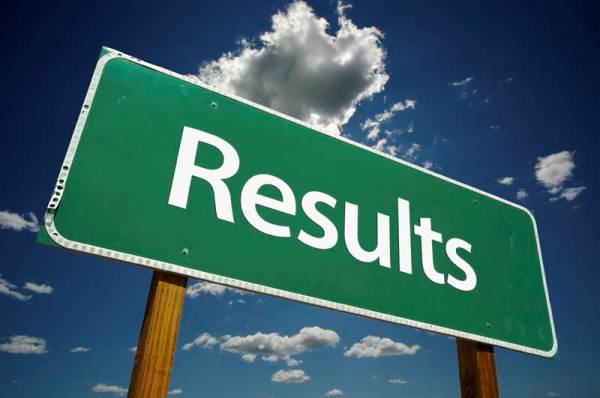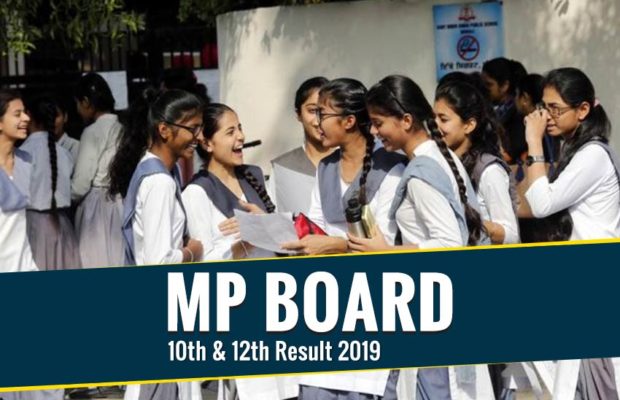“I don’t see god in temples, god is within you. If you develop good qualities, good habits and character you are bound to succeed. It is important to plan what you want to do in life and be dedicated for that all the time,” said Padmashree Dr D Y Patil, Former Governor Bihar, Tripura & West Bengal, and Founder, D Y Patil Group.
Dr Patil graced the 11th Higher Education and Human Resource Conclave, Pune on May 4, 2019. Organised by Elets Technomedia Pvt Ltd, Asia and the Middle East’s premier media and technology research company, the conclave witnessed the congregation of edu-leaders and eminent stakeholders of the industry under one roof.
Speaking at the inaugural session, Dr Patil highlighted the significance of planning and doing things selflessly in life.
“Whatever you do if you do with planning you are going to succeed. Ego is bad for living a happy life and a person without ego enjoys the life most. If you do anything dedicatedly, joyfully, and without any self consideration, every action is close to god,” he said.
Further, Dr Patil emphasised on the power of subconscious mind and how it can help in creating wonders and making one’s efforts successful.
“The relation of conscious mind and subconscious mind is like land and farmer. Land will never guide you what to sow, you will have to select the seed, plant it on the pasture. Whatever you plant, it will grow,” Dr Patil added.
He gave the example of George Washington, who was once a peon and went on to become the President of the US. He said, “Nothing happens accidentally. George Washington was a peon. While ringing the bell he used to go in trance and say I want to be the president of USA. At the age of 27, he became a senate member and at the age of 52 he became the governor of state. At the age of 62 he became the President of America. All the time he was chanting, I wanted to become the President of America.”
Further, giving the example of his own life, Dr Patil revealed what helped him in realising the dream of becoming the Governor of a State.
“I also did not become Governor accidentally. I used to chant day and night about being a governor and getting successful at it. And I got the result. So what you repeat all the time and if you accept it, it is bound to happen.”
Lastly, addressing the representatives from Higher Education and Human Resource Industry, Dr D Y Patil professed about incorporating spiritual and moral values within self to achieve success.






